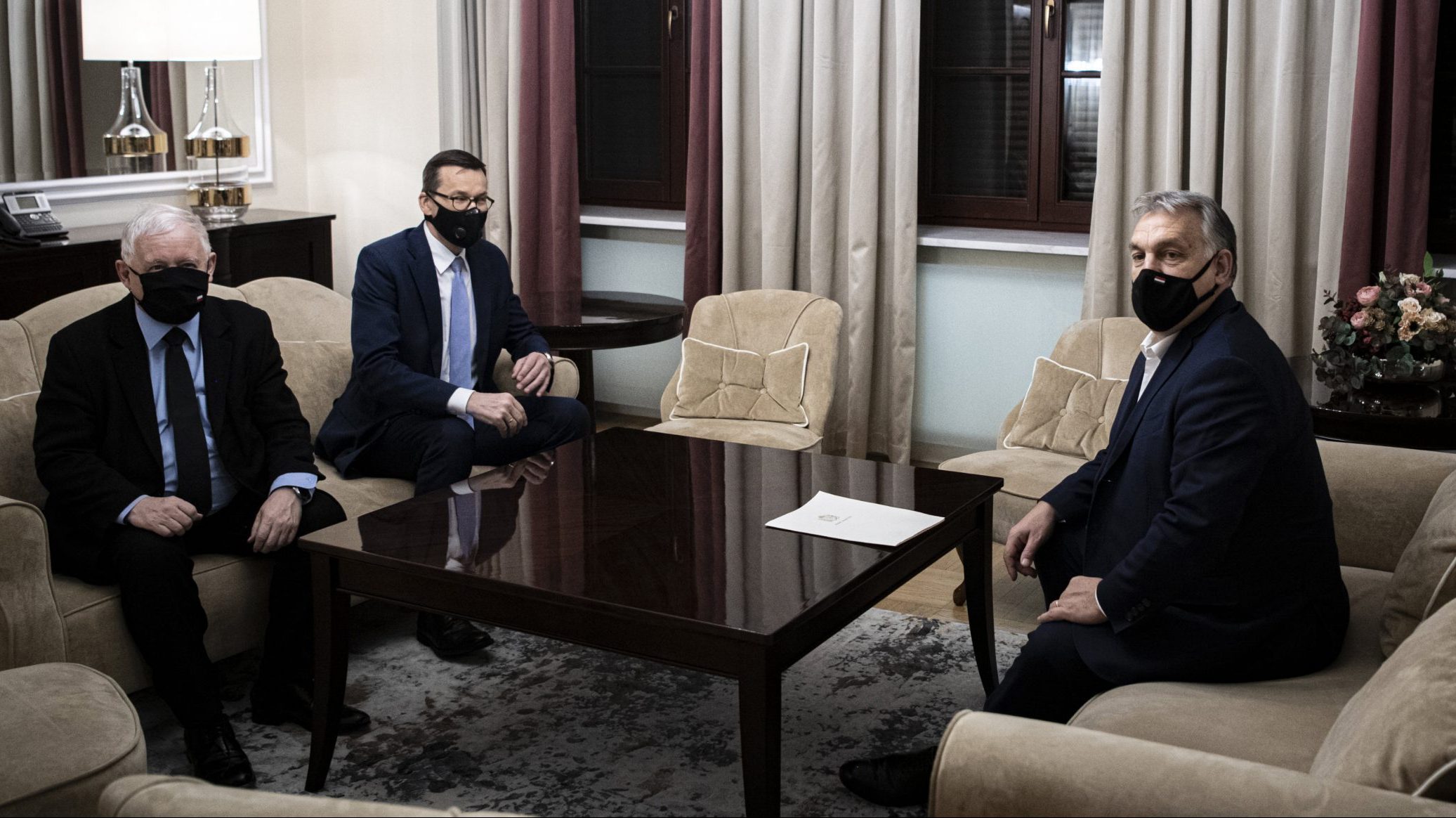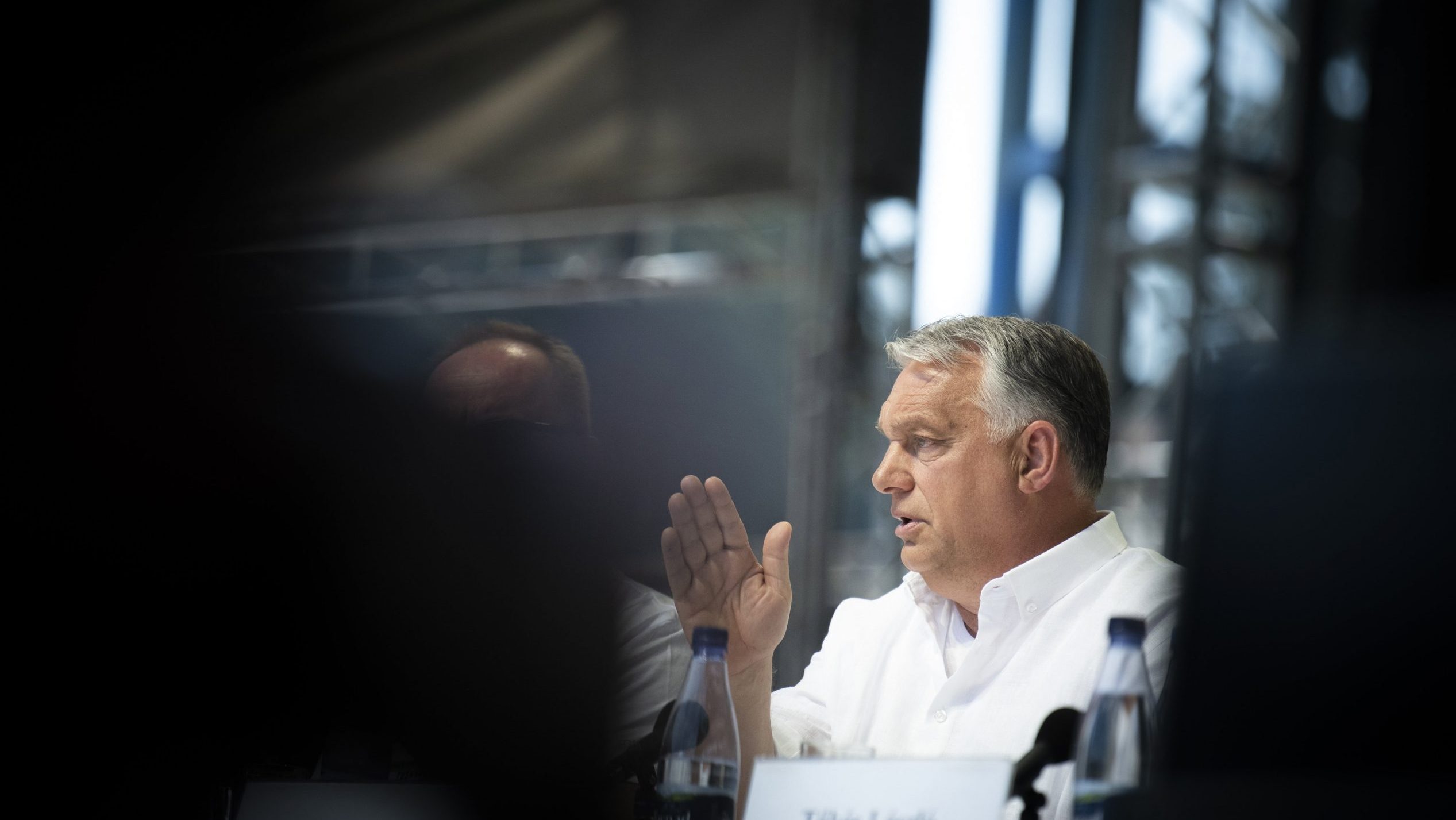
In an interview, the Prime Minister told the Polish commercial news television Polsat News that at present the positions of Hungary and Poland, on the one hand, and the EU’s German presidency and the governments of several other Member States, on the other, are closer than they were a few weeks or even days ago.
He stressed that rule of law issues which have nothing to do with financial matters must be separated from budgetary affairs. It would not be desirable to create a situation where financial sanctions could be imposed just because one Member State or another refuses to toe the European line on gender or migration issues.
The Prime Minister highlighted that Budapest and Warsaw agree on all main issues, the interests of the two countries are the same, and they believe it is important to protect the provisions laid down in the Treaties, national interests and the funds that Hungary and Poland are entitled to.
He took the view that the two countries together are strong enough to protect their financial interests, “there is nothing to worry about, we will not lose a penny”.
Mr Orbán also pointed out that the present conflict, the upholding of the veto regarding the budget does not benefit Europe, and neither is it in the best interests of Hungary or Poland. Therefore, it would be desirable to come to an agreement which is advantageous for all parties within the shortest possible time.
“This dispute is not about financial resources, they’re only a secondary issue; what we’re fighting for is the protection of national sovereignty,” he pointed out.
“The V4, Hungary and Poland are the future of the European Union,” the Hungarian Prime Minister added.
In an interview later given to the Polish public service television, the Hungarian Prime Minister underlined that the two countries had further strengthened their alliance which was extremely important as it was this close cooperation from which they derived their strength.
In answer to a question, he stressed that Hungary and Poland were guaranteed to stand together all the way to the end of the negotiations.
“I believe that now the chances are really good to reach an agreement which is good for Poland and Hungary, and also for the whole European Union,” he said.


